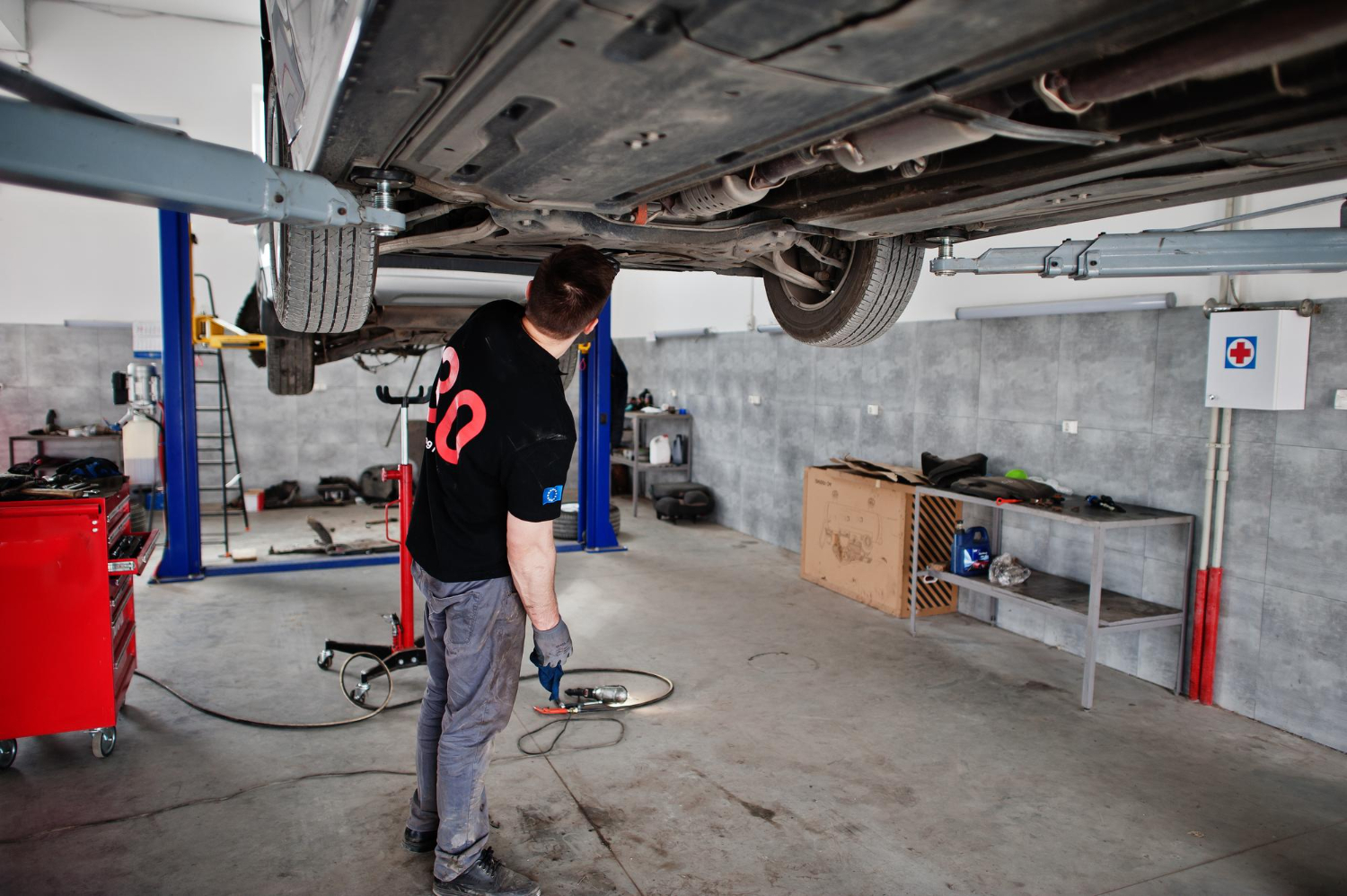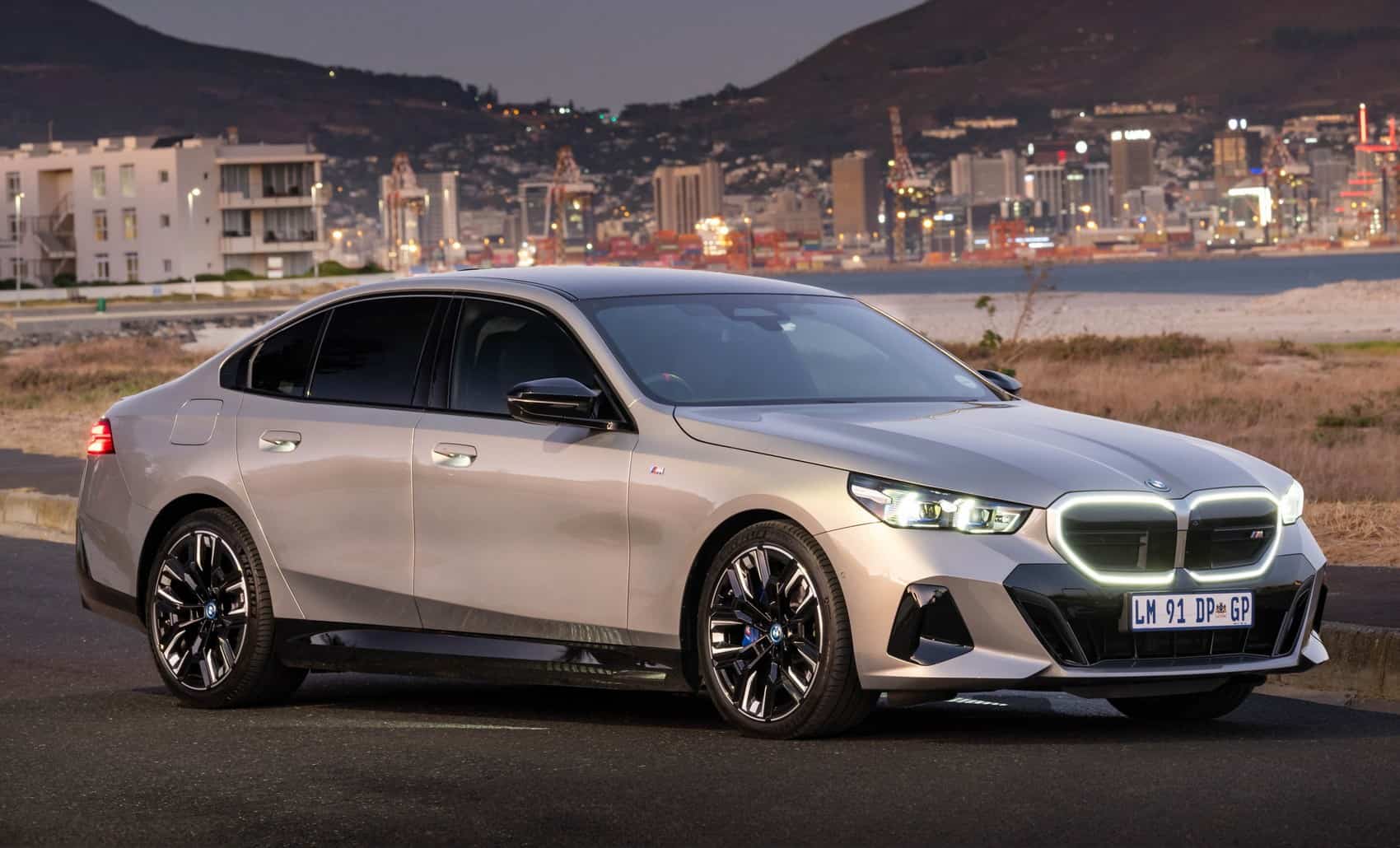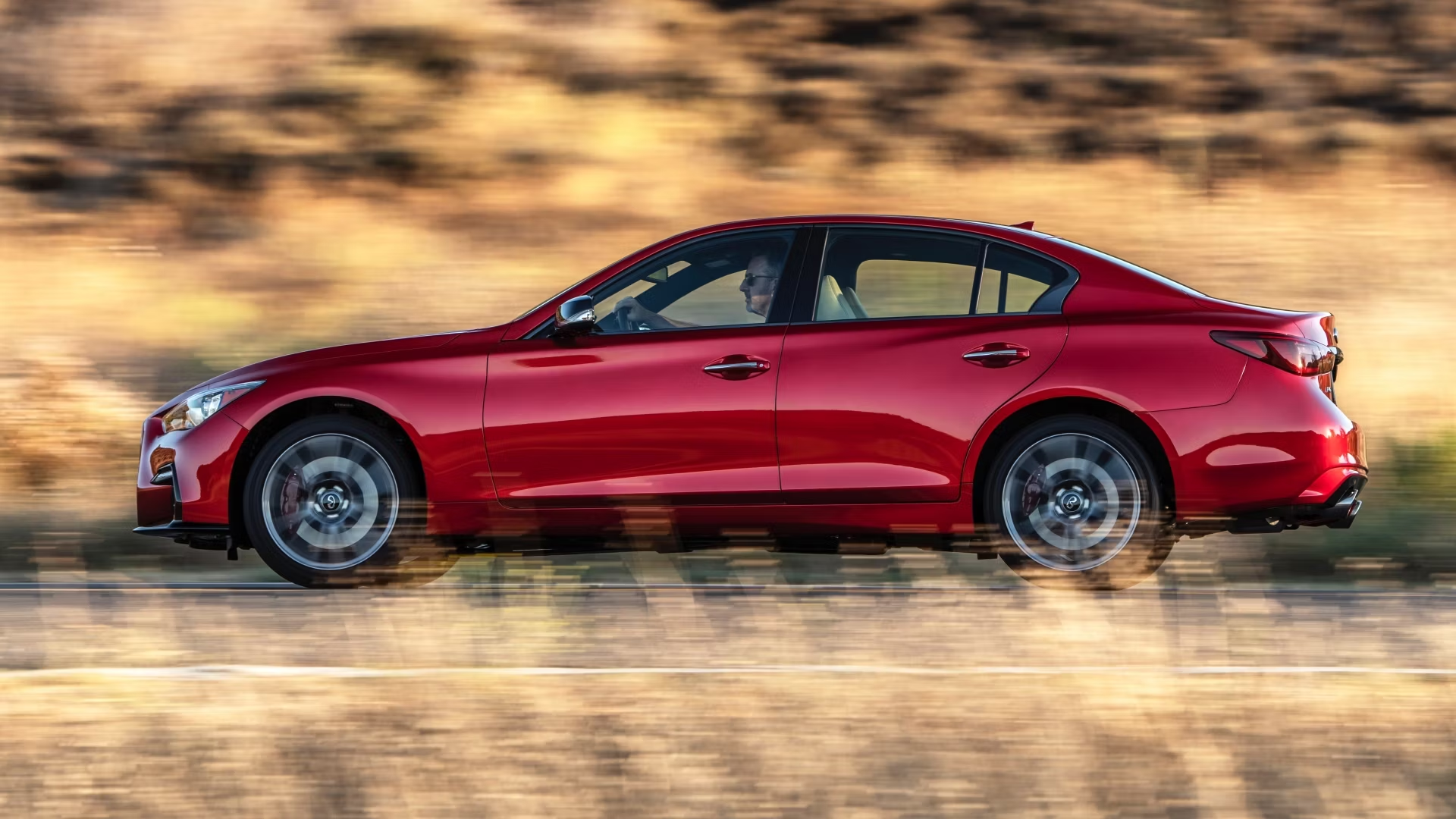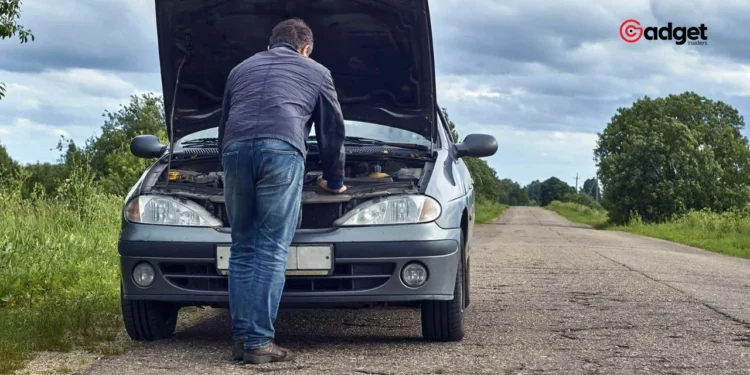In many regions across the United States, the necessity of owning a car is undeniable. Sparse public transportation systems and the responsibilities of daily commuting—be it shuttling kids to school or making it to work on time—compel many to own a vehicle.
However, the financial burden of car ownership has escalated notably, with new car prices averaging $48,008 and used cars at $26,969 as of spring 2023, as reported by vehicle and Driver and Cox Automotive respectively.

A Wise Long-Term Investment: The Benefits of Longevity in Car Ownership
One seldom-discussed strategy to mitigate these soaring costs is maintaining a vehicle for an extended period, ideally over a decade. The advantages begin with the elimination of monthly vehicle payments post-loan settlement, a significant financial relief that can redirect funds towards savings or other substantial investments like home ownership.
No More Monthly Payments: A Closer Look at the Financial Relief
Owning a vehicle without the looming burden of monthly payments can substantially enhance your financial flexibility. Depending on the terms of your auto loan, this could mean several years of savings that might otherwise have gone towards vehicle expenses. Even though this marks the end of payments, it doesn’t erase other ongoing expenses such as gas, maintenance, and the indispensable auto insurance.

Decreased Insurance Premiums: Another Perk of Older vehicles
Interestingly, as a vehicle ages, it may lead to reduced insurance costs. Companies like Progressive acknowledge that older cars often attract lower premiums due to their depreciated value, potentially lessening the payout required in the event of an accident. For those with older, paid-off cars, there’s also the option to cut costs by adjusting insurance coverage, scaling back on policies like full coverage, which may not be economically justifiable for vehicles over a decade old.
The Trade-Offs: Maintenance and Repairs on Older Vehicles
With prolonged vehicle ownership, some unique challenges arise, primarily related to maintenance and unexpected repairs. Parts that wear out over many years may need replacement, a reality I’ve encountered with my own vehicle.

From dealing with broken trunk hinges to replacing costly coil springs in the suspension, these repairs can add up. However, choosing carefully which issues to address can protect your vehicle’s longevity without draining your bank account.
Is It Worth Keeping an Older Vehicle?
The decision to retain an older vehicle is deeply personal and depends on one’s financial priorities and lifestyle needs. While some may prefer the reliability and features of newer models, others find the economic benefits of keeping an older car compelling. Ultimately, it’s about balancing personal preferences with financial practicality.
Conclusion: Navigating Your Options in Car Insurance
As vehicle owners navigate their insurance options, especially those with older models, understanding the changing dynamics of insurance premiums and coverage is crucial. Our review of the best vehicle insurance companies offers insights into providers that excel in price, claims handling, and customer service, helping you make an informed decision suited to your unique needs.

In summary, while the allure of new cars is undeniable, the financial advantages of holding onto a vehicle for over a decade can be substantial. Whether it’s the absence of monthly payments or lower insurance costs, the savings can contribute significantly to your financial health. As always, the choice is personal, but the benefits of extended vehicle ownership are worth considering for anyone looking to optimize their automotive expenses.










